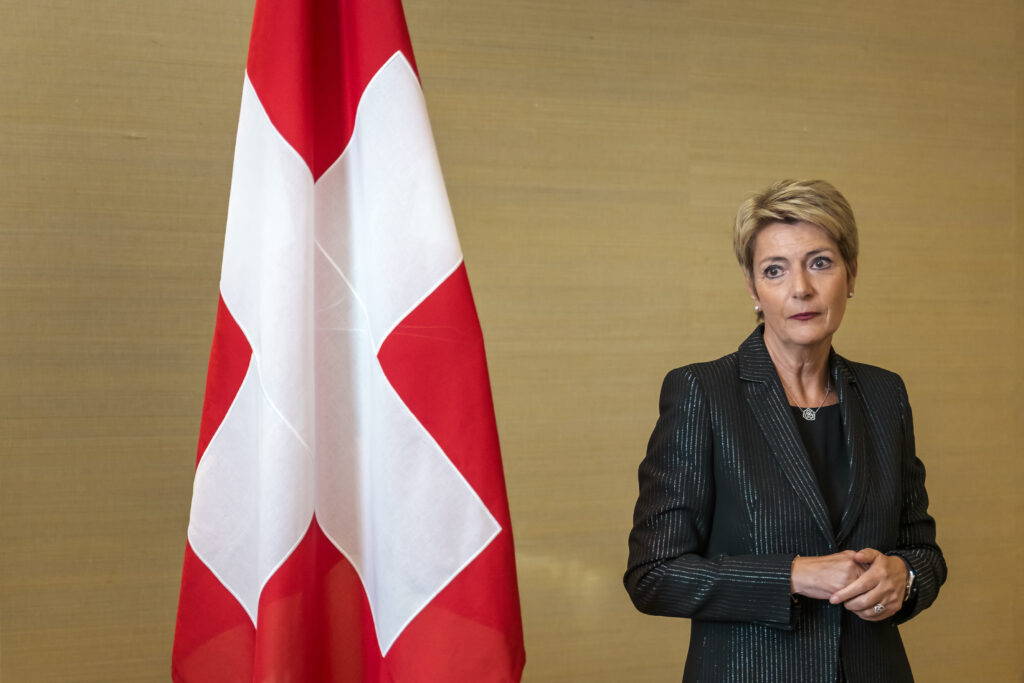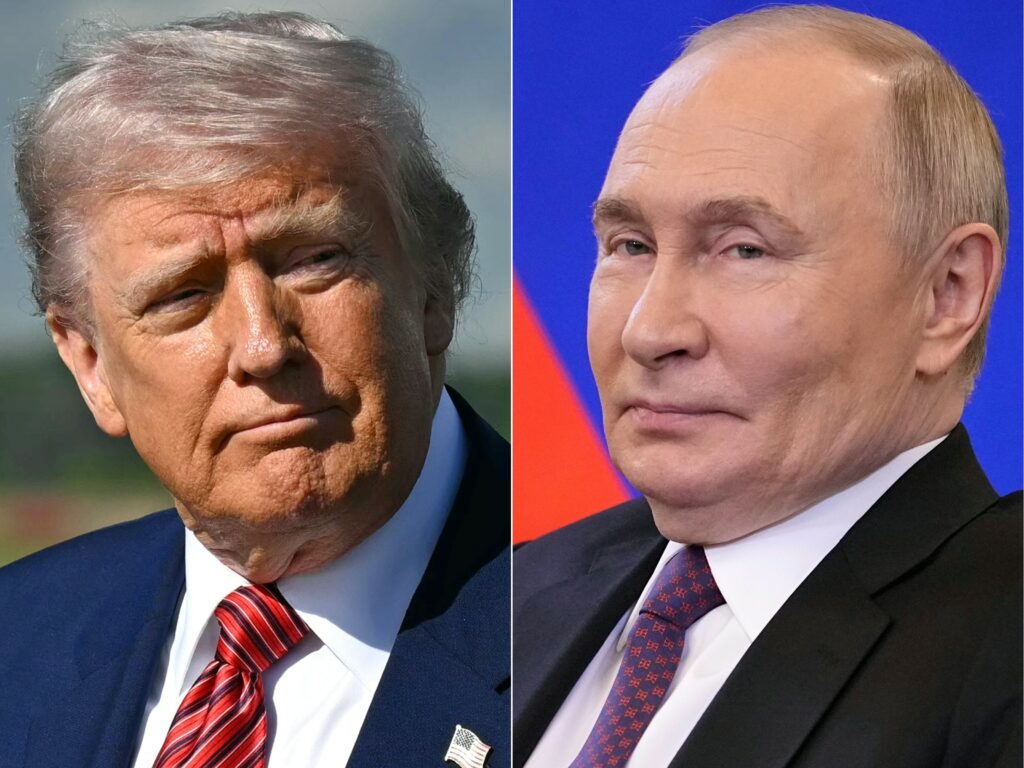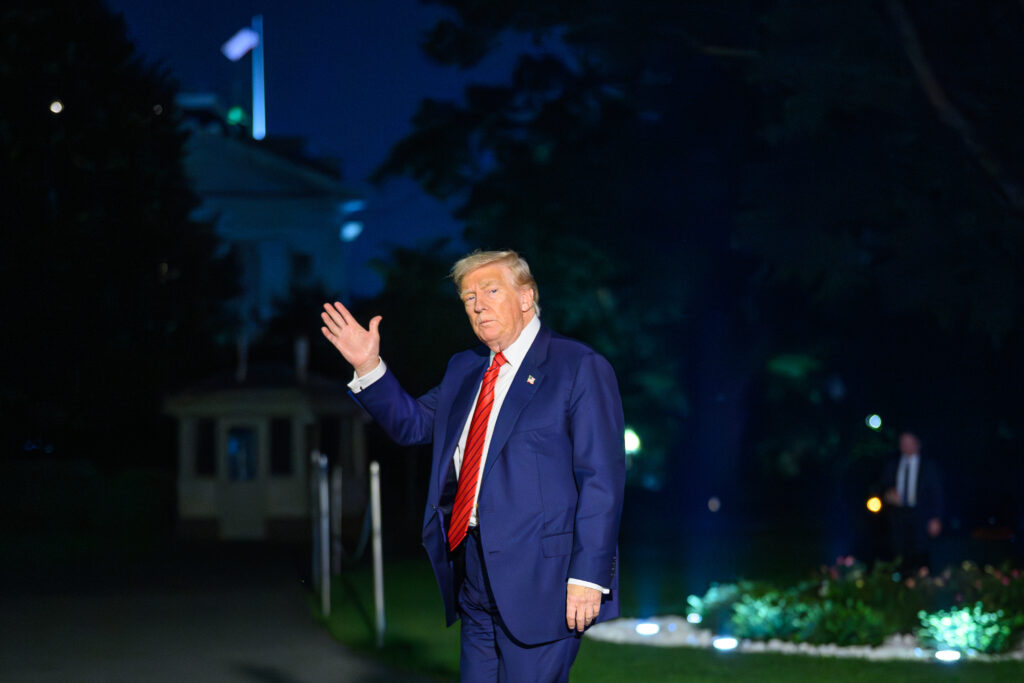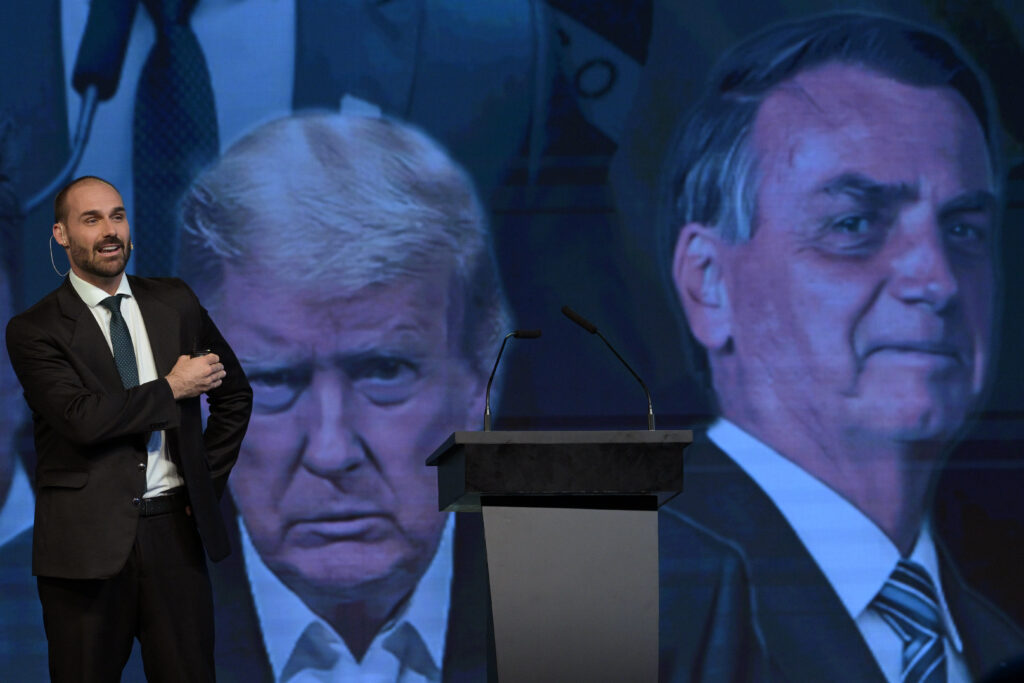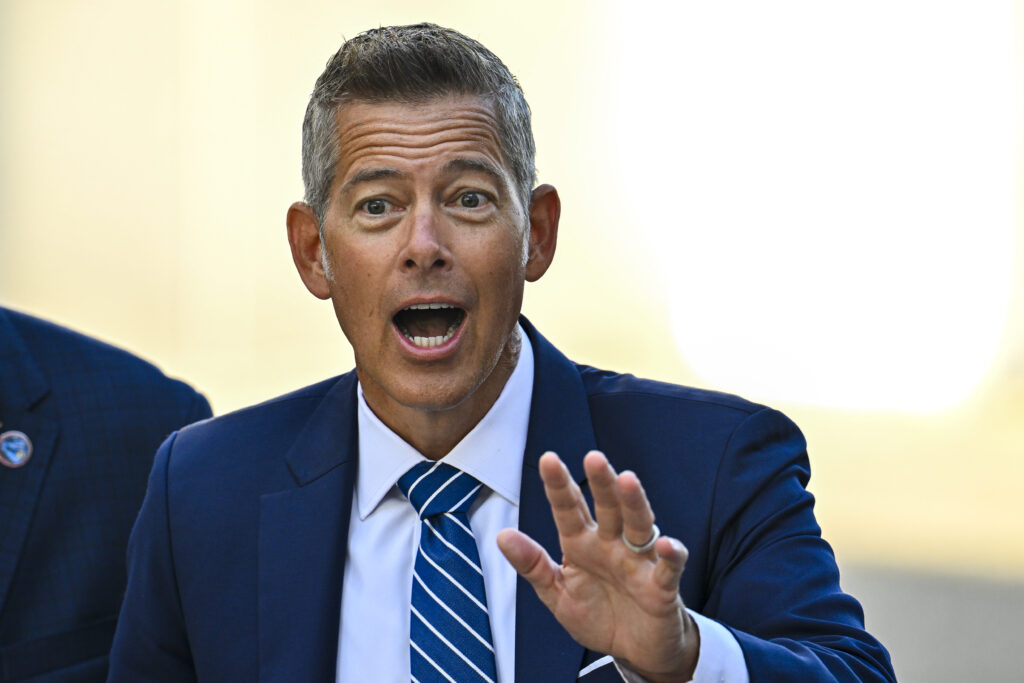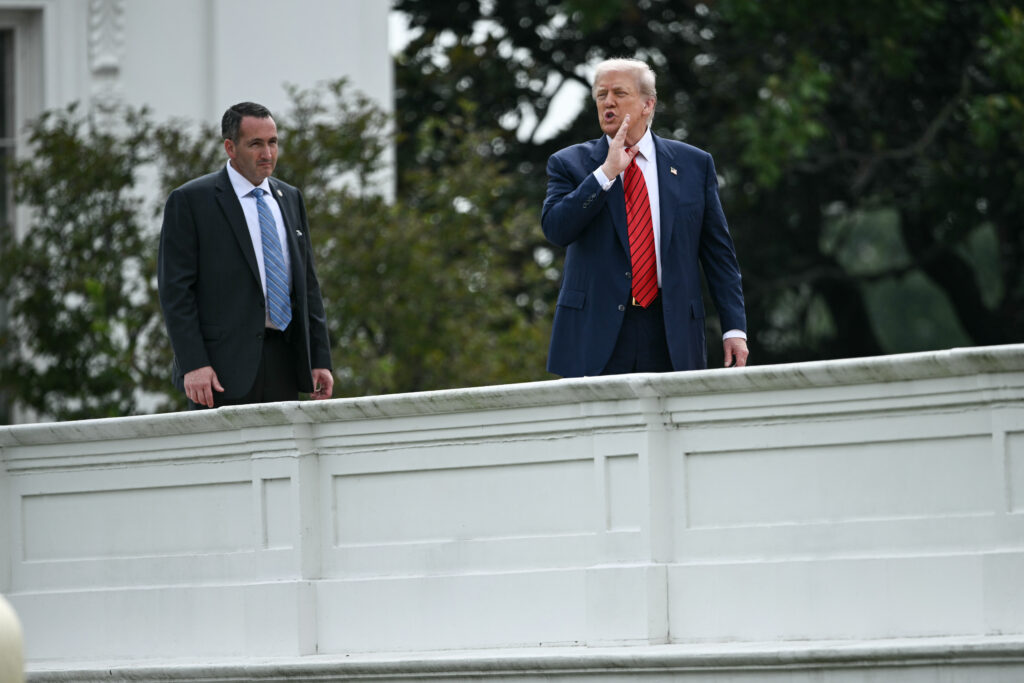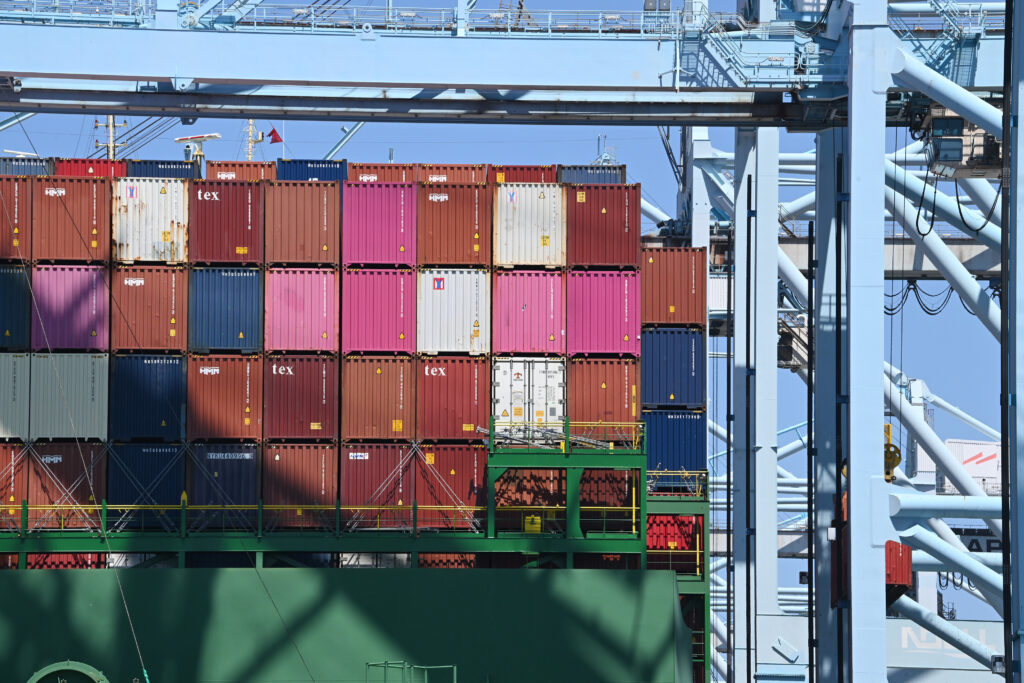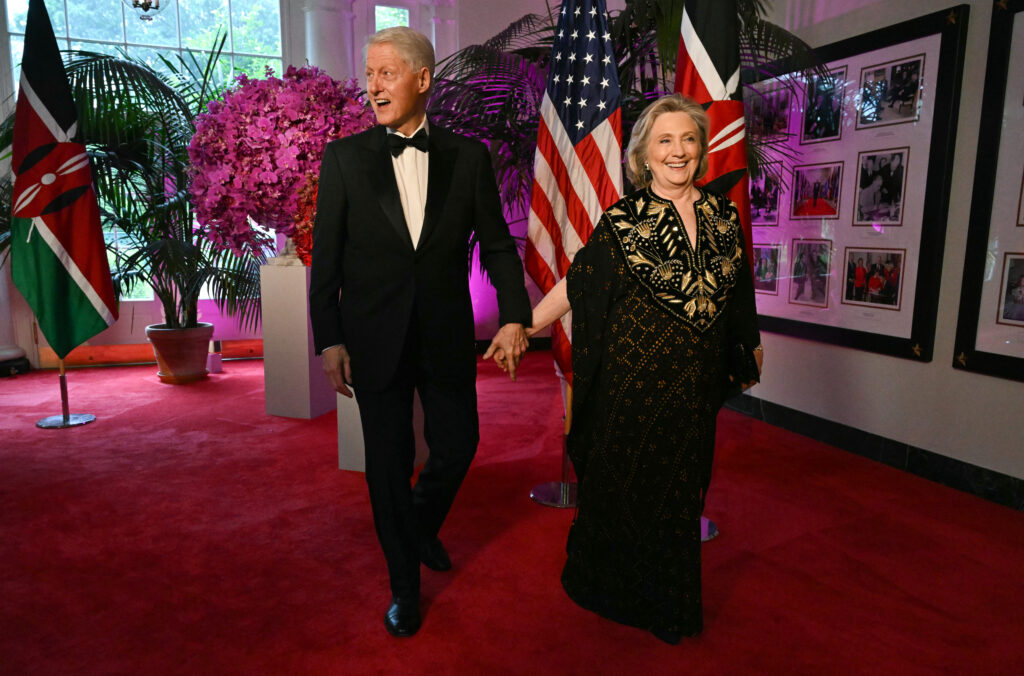Brazilian congressman Eduardo Bolsonaro is hailed by some as a slayer of tyrants in defense of his coup-accused father.For others, he is a “traitor” responsible for Washington’s punitive tariffs on the largest economy in South America.The 41-year-old lawyer is the son of ex-president Jair Bolsonaro, with whom he shares a circle of far-right acquaintances, a hatred of communism, a fondness for weapons and skepticism about climate change.For years, he has been the defender-in-chief of his father, who risks decades in prison if convicted of plotting to wrest back power after losing the 2022 election to leftist rival Luiz Inacio Lula da Silva.Citing political persecution, the younger Bolsonaro took an extended leave of absence in March from his post in Brazil’s lower chamber and relocated to the United States, where he has been lobbying President Donald Trump and his entourage to act in defense of his dad.Last week, Trump announced a massive 50 percent tariff on many Brazilian exports to the United States, citing a “witch hunt” against his ally.Washington also slapped financial sanctions on the presiding judge in the coup case, Alexandre de Moraes of Brazil’s Supreme Court — whom Eduardo Bolsonaro has repeatedly called a “tyrant” and more recently a “psychopath out of control” for ordering his father placed under house arrest.The younger Bolsonaro openly celebrated the sanctions as a “historic” blow against “judicial persecution” in a post on X, of which he is a prolific user.Many in the deeply divided country took to social media to label him a “hero,” while thousands rallied in the streets Sunday thanking Trump for upping the pressure.The tariff announcement prompted Lula to label the younger Bolsonaro “a traitor to the nation,” while Moraes lambasted acts of “cowardice and treachery.”The Folha de S. Paulo daily, in an editorial, meanwhile called him an “enemy of Brazil” who “does everything to defend his own family, without caring about national interests.”The tariffs have also raised alarm among Brazil’s business class and even some politicians on the right of the spectrum, including Sao Paulo governor Tarcisio de Freitas, who has worried about the impact on his state, Brazil’s richest and most populous.For his efforts, Eduardo Bolsonaro finds himself the target of an investigation, ordered by Moraes, into obstruction of justice in his father’s trial.- Political family -With his piercing gaze and athletic stature, Eduardo Bolsonaro entered politics in 2015 aged 30, vowing to emulate his controversial father, who calls him “zero three” for his birth order — the third of five siblings.He has three brothers also in politics: Flavio, a senator, and Carlo and Renan, city councilors.The younger Bolsonaro holds the record for the most votes ever received for a congressman in Brazil, over 1.8 million in 2018.That same year, he publicly expressed his open disdain for Brazilian institutions by declaring it would take just “a soldier and a corporal to shut down the Supreme Court.”A former senior official of his father’s government has described Eduardo as a “provocateur” who “says whatever he pleases, without necessarily mastering the subject.””The important thing for him is to attract attention, to make noise, even if it harms important relationships for Brazil,” the official told AFP on condition of anonymity. – ‘Ready’ for the presidency – Eduardo Bolsonaro’s X feed features photos of himself with an array of American right-wing figures: Trump’s sons, Secretary of State Marco Rubio, judge Jeanine Pirro, businessman Mike Lindell and actor Jon Voigt.He is also close to Steve Bannon, Trump’s former strategist.Last November, the younger Bolsonaro proudly posted photos of himself at the election night party Trump hosted at his Mar-a-Lago residence in Florida.Eduardo Bolsonaro has declared himself “ready” to seek Brazil’s highest office if given the green light by his father, whose own political future seems uncertain.But it is a hypothesis deemed unlikely by political scientist Leandro Gabiati of consulting firm Dominium, who said Bolsonaro’s US lobbying has earned him widespread “disapproval.”Furthermore, “everything indicates that he will be arrested” if he returns to Brazil now, said Gabiati.

